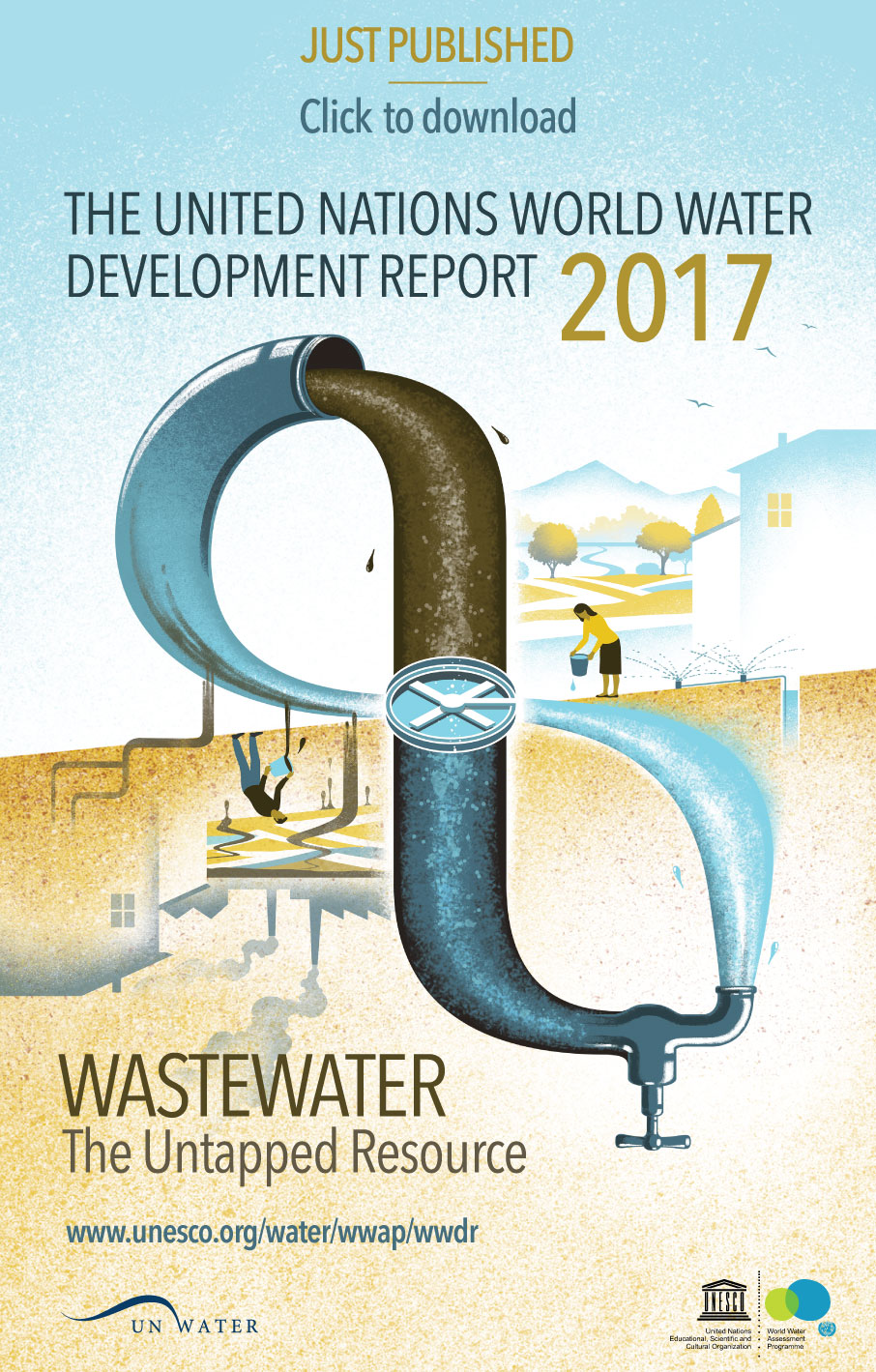IAHS News
Integrated Flood Management guidance document
Selecting Measures and Designing Strategies for Integrated Flood Management.
A new guidance document has been developed to support the design of well-balanced strategies for Integrated Flood Management. “This guidance document serves as the operational link between the policy and tool papers previously published by the Associated Programme on Flood Management (APFM),” said Johannes Cullman, Director of the World Meteorological Organization (WMO) Climate and Water Department.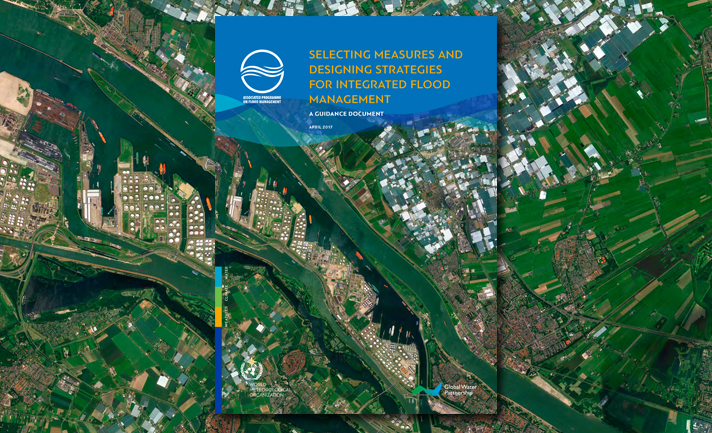
News item
A new guidance document has been developed to support the design of well-balanced strategies for Integrated Flood Management. “This guidance document serves as the operational link between the policy and tool papers previously published by the Associated Programme on Flood Management (APFM),” said Johannes Cullman, Director of the World Meteorological Organization (WMO) Climate and Water Department.

News item
IUGG Publications: May e-journal
The e-journal from IUGG is now available -1 May 2017
This informal newsletter is intended to keep IUGG Member National Committees informed about the activities of the IUGG Associations, and actions of the IUGG Secretariat. E-journals from the two most recent years are available in the news section of the IAHS website (http://iahs.info/News/IUGG-Newsletters.do ). Past issues are posted on the IUGG website (http://www.iugg.org/publications/ejournals/ ).
If you would like to subscribe for the monthly E-Journal, please contact the IUGG Secretariat
This informal newsletter is intended to keep IUGG Member National Committees informed about the activities of the IUGG Associations, and actions of the IUGG Secretariat. E-journals from the two most recent years are available in the news section of the IAHS website (http://iahs.info/News/IUGG-Newsletters.do ). Past issues are posted on the IUGG website (http://www.iugg.org/publications/ejournals/ ).
If you would like to subscribe for the monthly E-Journal, please contact the IUGG Secretariat
Update on preparations for the IAHS 2017 Scientific Assembly
"Water And Development: Scientific Challenges In Addressing Societal Issues”
Dear ColleaguesHerewith an update to assist you with preparations for the IAHS 2017 Scientific Assembly in South Africa in July.
• The programme is close to being finalised. You have already received information on the acceptance of your paper or poster. Confirmation of your presentation date and time will be sent soon. Meanwhile, an overview of the programme is available on the conference web site at http://cwrr.ukzn.ac.za/iahs/session-programme
• The past few weeks have been very busy for many hydrologists with meetings such as EGU etc. taking place. Given these activities, we have taken the decision to extend the early bird registration to May 15.
• The Boardwalk Hotel, hosting the conference, has released a number of rooms at a low rate. Please contact them directly to take advantage of this opportunity. Details are on the conference web site.
• The assessment of the Young Water Scientists support applications is ongoing and will be finalised in the next week or so. It is too late to apply for financial support now.
• We are planning to hold a group dinner on the beach on Thursday evening i.e. July 13. Registration and payment for the dinner will be done when you register on site in July. The international frisbee competition will precede this.
• More detailed information on local issues, such currency, electrical sockets, cell phone coverage, sim cards, security, health care etc. will be posted on the conference web site next week.
Regards
Graham Jewitt on behalf of the LOC
2017 International Hydrology Prize medallists
IAHS are pleased to announce the recipients of the International Hydrology Prize (Dooge medal and Volker medal) for 2017.
The award ceremony will be held on July 13th during the IAHS Scientific Assembly in Port Elizabeth, South Africa.
Nominations for the Prize are made by National Committees to IAHS, National Committees to the UNESCO-IHP or National Hydrological Advisors to the WMO, and forwarded to the Secretary General of IAHS for consideration by the Nomination Committee. The Committee consists of the President and a Vice-President of IAHS and representatives of UNESCO and WMO.
As of 2014, two medals are awarded under the International Hydrology Prize: the Dooge medal and the Volker medal. Both medals are intended to distinguish outstanding achievements by hydrological scientists but with a different focus. The Dooge medal is aimed at fundamental contributions to the science of hydrology, whereas the Volker medal is aimed at outstanding applications of hydrological science for the benefit of society at large.
https://iahs.info/About-IAHS/Competition--Events/International-Hydrology-Prize.do
Our warmest congratulations go to both recipients.
The award ceremony will be held on July 13th during the IAHS Scientific Assembly in Port Elizabeth, South Africa.
The 2017 recipients of the IAHS-UNESCO-WMO International Hydrology Prize are:
- Zbyszek Kundzewicz, Poland, Dooge medal for his outstanding contributions to an improved understanding of flood events, climate impact on water resources and his leadership in the international community of hydrologists.
- Dan Rosbjerg, Denmark, Volker medal for outstanding scientific achievements within hydrology and water resources, his life-long dedication and service to IAHS and his contributions to IHP
Nominations for the Prize are made by National Committees to IAHS, National Committees to the UNESCO-IHP or National Hydrological Advisors to the WMO, and forwarded to the Secretary General of IAHS for consideration by the Nomination Committee. The Committee consists of the President and a Vice-President of IAHS and representatives of UNESCO and WMO.
As of 2014, two medals are awarded under the International Hydrology Prize: the Dooge medal and the Volker medal. Both medals are intended to distinguish outstanding achievements by hydrological scientists but with a different focus. The Dooge medal is aimed at fundamental contributions to the science of hydrology, whereas the Volker medal is aimed at outstanding applications of hydrological science for the benefit of society at large.
https://iahs.info/About-IAHS/Competition--Events/International-Hydrology-Prize.do
Our warmest congratulations go to both recipients.
WWAP launch the World Water Development Report 2017.
The new edition of the World Water Development Report 2017, titled “Wastewater, The Untapped Resource”, is published today during the celebrations of World Water Day in Durban, South Africa. Watch the event in live streaming: https://www.facebook.com/UnitedNationsWater/
English: http://unesdoc.unesco.org/images/0024/002471/247153e.pdf
French: http://unesdoc.unesco.org/images/0024/002475/247551f.pdf
Please visit the UNESCO website to know more about the Report and the launch event: www.unesco.org/water/wwap.
English: http://unesdoc.unesco.org/images/0024/002471/247153e.pdf
French: http://unesdoc.unesco.org/images/0024/002475/247551f.pdf
Please visit the UNESCO website to know more about the Report and the launch event: www.unesco.org/water/wwap.
IAHS Announce the winner of the 2017 Tison Award
The Secretary General of IAHS is pleased to announce that the jury of the IAHS Tison award for young hydrologists (chaired by Demetris Koutsoyiannis) identified the following paper as the 2017 winner:
Mohammad Merheb, Roger Moussa, Chadi Abdallah, François Colin, Charles Perrin & Nicolas Baghdadi (2016) Hydrological response characteristics of Mediterranean catchments at different time scales: a meta-analysis, Hydrological Sciences Journal, 61:14,2520-2539, DOI: 10.1080/02626667.2016.1140174
Our congratulations go to the eligible author, Mohammad Merheb from Lebanon.
This award is prestigious with a 1000 US$ prize and a 1 year subscription to HSJ sponsored by Taylor & Francis the publisher of Hydrological Sciences Journal.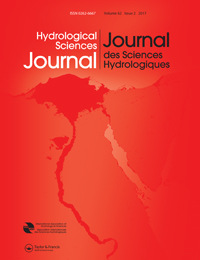
The paper is available free access on Taylor & Francis online - http://dx.doi.org/10.1080/02626667.2016.1140174
The award will be conferred during the IAHS 2017 Scientific Assembly in Port Elizabeth, South Africa in July 2017.
The IAHS Tison Award, established in 1982, aims to promote excellence in research by young hydrologists. The Award is granted for an outstanding paper published by IAHS in a period of two years previous to the deadline for nominations.
http://iahs.info/About-IAHS/Competition--Events/Tison-Award.do
Mohammad Merheb, Roger Moussa, Chadi Abdallah, François Colin, Charles Perrin & Nicolas Baghdadi (2016) Hydrological response characteristics of Mediterranean catchments at different time scales: a meta-analysis, Hydrological Sciences Journal, 61:14,2520-2539, DOI: 10.1080/02626667.2016.1140174
Our congratulations go to the eligible author, Mohammad Merheb from Lebanon.
This award is prestigious with a 1000 US$ prize and a 1 year subscription to HSJ sponsored by Taylor & Francis the publisher of Hydrological Sciences Journal.

The paper is available free access on Taylor & Francis online - http://dx.doi.org/10.1080/02626667.2016.1140174
The award will be conferred during the IAHS 2017 Scientific Assembly in Port Elizabeth, South Africa in July 2017.
The IAHS Tison Award, established in 1982, aims to promote excellence in research by young hydrologists. The Award is granted for an outstanding paper published by IAHS in a period of two years previous to the deadline for nominations.
http://iahs.info/About-IAHS/Competition--Events/Tison-Award.do
Runoff Prediction in Ungauged Basins - Chinese Translation now published
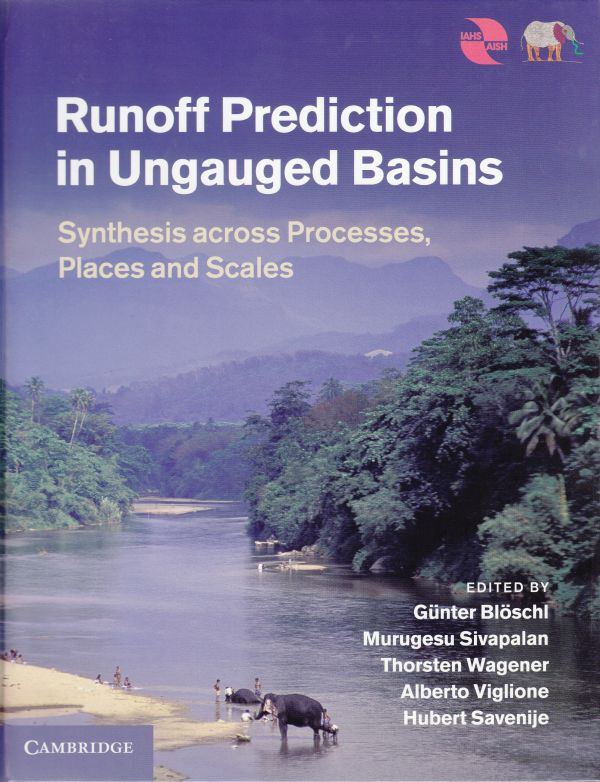 |
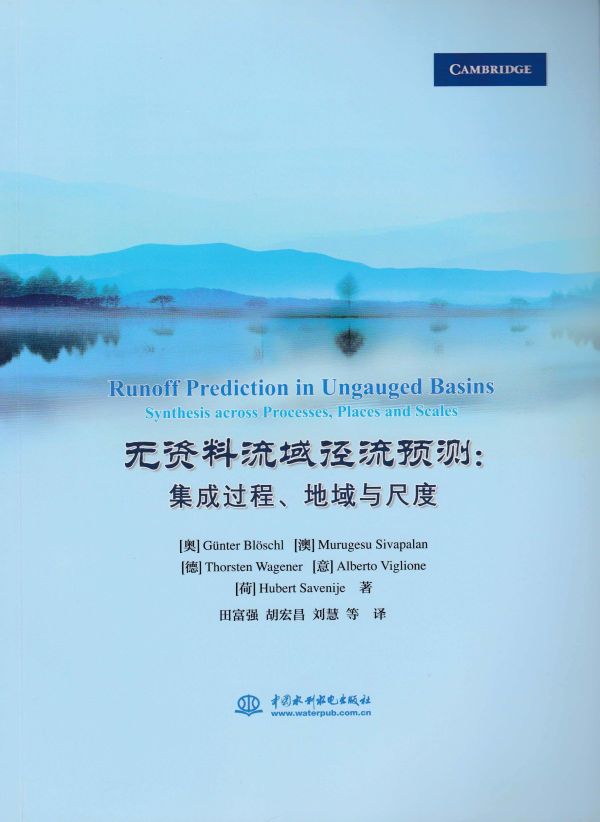 |
This is a simplified Chinese translation produced by a team of hydrologists at Tsinghua University, Beijing, led by Professor Fuqiang Tian. The softcover edition is published by China Water & Power Press, in partnership with Cambridge University Press. More information is available from
http://eng.waterpub.com.cn/products/publication/books/302.html
This Simplified Chinese Translation is authorised for sale in the People’s Republic of China (excluding Hong Kong, Macau and Taiwan) only.
IAHS 2017 Abstract Submission Deadline March 6th 2017
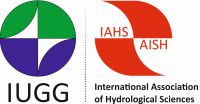 |
IAHS 2017 Scientific Assembly 10 – 14 July 2017 Port Elizabeth, South Africa |
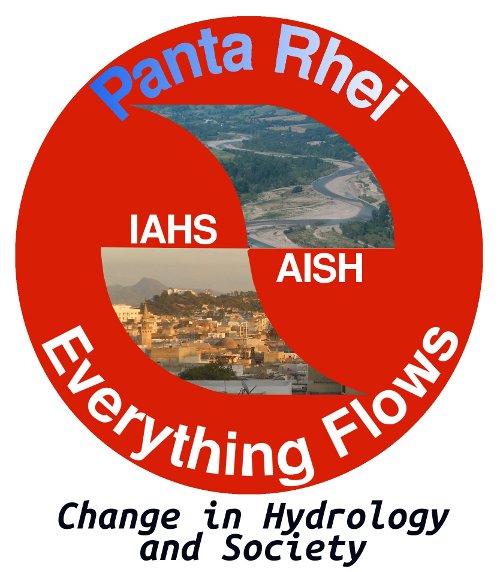 |
"Water And Development: Scientific Challenges In Addressing Societal Issues”
The Abstract Submission for IAHS 2017 closes on March 6th 2017.
Authors can submit abstracts of original work for consideration as a poster or oral presentation at IAHS 2017. View the Scientific Programme for details of all themes.
Abstracts must be submitted via the Copernicus online system by Monday 6th March 2017.
Organisers: Graham Jewitt and Denis Hughes
Only a few more days are available to submit your abstracts for IAHS 2017
 |
IAHS 2017 Scientific Assembly 10 – 14 July 2017 Port Elizabeth, South Africa |
 |
"Water And Development: Scientific Challenges In Addressing Societal Issues”
Only a few more days are available to submit your abstract for IAHS 2017.
Authors can submit abstracts of original work for consideration as a poster or oral presentation at IAHS 2017. View the Scientific Programme for details of all themes.
Abstracts must be submitted via the Copernicus online system by Monday 6th March 2017.
Organisers: Graham Jewitt and Denis Hughes
IAHS 2017 Scientific Assembly Reminder
 |
IAHS 2017 SCIENTIFIC ASSEMBLY 10 – 14 JULY 2017 Port Elizabeth, South Africa |
 |
Water and Development: scientific challenges in addressing societal issues
Authors can submit abstracts of original work for consideration as a poster or oral presentation at IAHS 2017. View the Scientific Programme for details of all themes.
Abstracts must be submitted via the Copernicus online system by Monday 6 March 2017.
Conference Fees
Early Bird Until April 30, 2017 Euro 450
After May 1, 2017 (including on-site) Euro 480
Abstract submission fee Euro 37
UNESCO may cover the abstract processing charge for applicants for Session #26 upon request and pre-submission of the abstract to Renée Gift ([email protected]) and Nicole Webley ([email protected]), with priority given to students as well as individuals from developing and least developed countries.
Please note that PIAHS volumes for sessions #1 and #16 will be post-published.
Abstracts must be submitted via the Copernicus online system by Monday 6 March 2017.
Conference Fees
Early Bird Until April 30, 2017 Euro 450
After May 1, 2017 (including on-site) Euro 480
Abstract submission fee Euro 37
UNESCO may cover the abstract processing charge for applicants for Session #26 upon request and pre-submission of the abstract to Renée Gift ([email protected]) and Nicole Webley ([email protected]), with priority given to students as well as individuals from developing and least developed countries.
Please note that PIAHS volumes for sessions #1 and #16 will be post-published.

